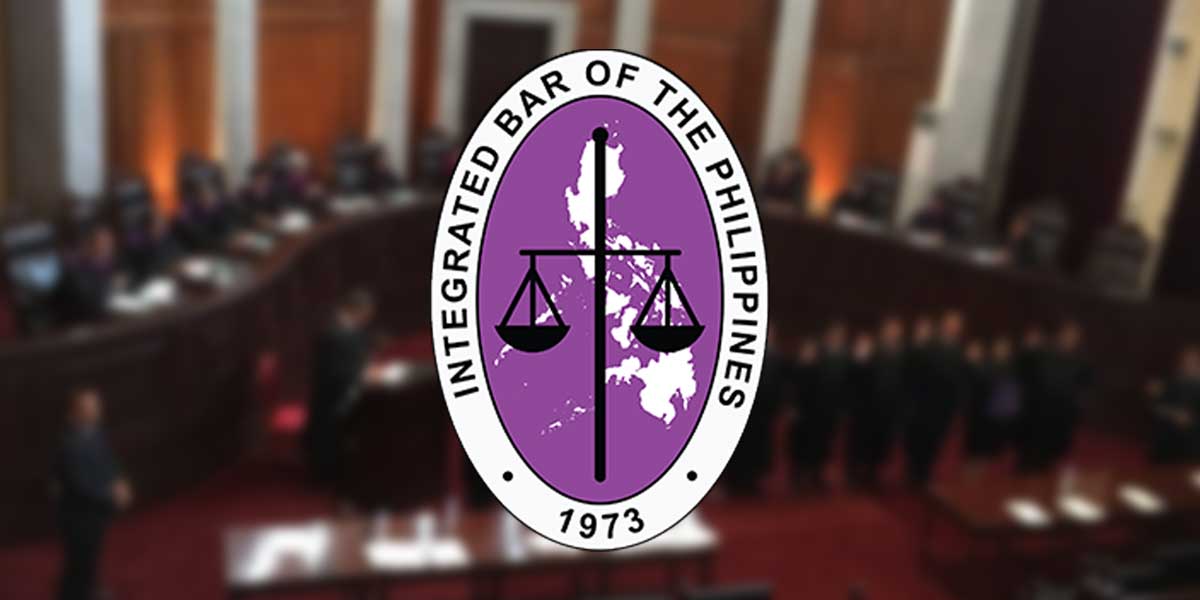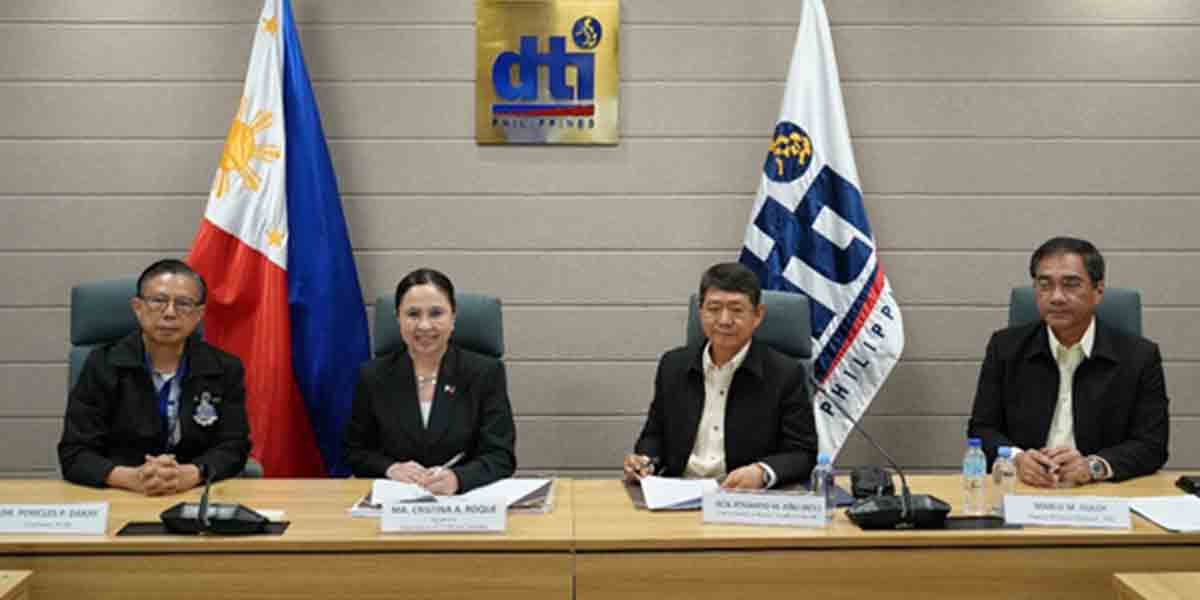By Fr. Roy Cimagala
THIS is, of course, a very delicate topic, and so, we should be very careful with what we are going to say here. This is meant to tackle this issue in a very human and Christian way. Fact is, gender confusion has been around for a long time, and there’s a very tiny percentage of cases which in fact have some definite biochemical neurological basis.
Because of this confusion, there has been what we may call as “gender dysphoria”—a kind of distress that results from a discrepancy between one’s sex “assigned at birth” and one’s “gender identity”.
This dysphoria has so erupted such that we now hear about gender-transition procedures even on minors. These procedures can include puberty blockers, cross-sex hormones, and “sex reassignment surgeries” that change one’s body to align it with one’s gender identity that is at odds with one’s biological sex.
In 2019, the Vatican issues “Male and Female He Created Them—Towards a Path of Dialogue on the Question of Gender Theory in Education.” It is meant to provide educators guidance on dealing with the gender issues being broadly debated in today’s culture.
This document uses the term “gender” to refer to “the way in which the differences between the sexes are lived in each culture.” Gender in this sense is something objective and public, and yet culturally conditioned. Thus, the term “gender” is now an affirmation of the diverse ways that the real differences between the sexes are socially recognized, expressed and lived in various cultures.
With the emergence of what is now known as “Gender Ideology,” we have to take note of what may be considered as its errors that are mainly two. First, it treats gender as entirely separable from sex. And second, gender is understood as dependent upon the subjective mindset of each person, who can choose a gender not corresponding to his or her biological sex.
Of course, the document does not deny that some persons can and do experience a dissonance between their affective sense of personal identity and the sex of their bodies. Neither does it claim that this experience of dissonance is voluntarily chosen.
What it argues is that because of the relation of the body and soul in our shared human nature, and because of the relation of gender to sex, our subjective experience is not by itself determinative of either our sex or gender.
As to how to tackle this issue, the human and Christian way, I suppose, is to make as our own the attitude of Christ who offers his boundless love to each person without exception. Thus, we have to reaffirm that every person, regardless of sexual orientation, ought to be respected in his or her dignity and treated with consideration.
Every sign of unjust discrimination has to be avoided. And families should be given respectful pastoral guidance so that those who manifest a homosexual orientation can receive the assistance they need to understand and fully carry out God’s will in their lives.
Beyond the understandable difficulties which individuals may experience, the young ones especially need to be helped to accept their own body as it was created. There should be pastoral accompaniment full of mercy and patience for those concerned.
Thus, pastors who propose to the faithful the full ideal of the Gospel and the Church’s teaching, must also help them to treat the weak with compassion, avoiding aggravation or unduly harsh or hasty judgments.
Email: roycimagala@gmail.com























